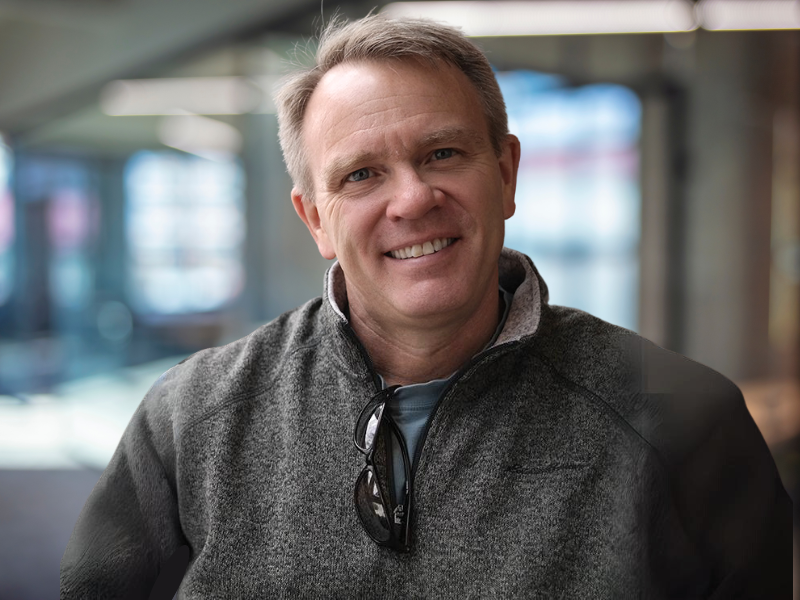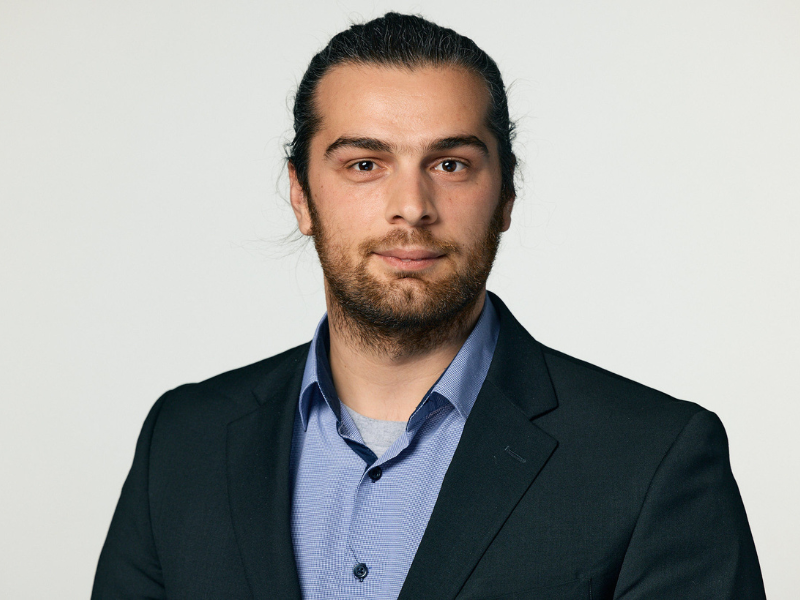The McKetta Department of Chemical Engineering has welcomed two new faculty members this fall. Their work focuses on exploring processes used in microelectronics and semiconductor facilities and improving process plants through AI-based computational tools.
William Howard, Associate Professor of Practice

William B. Howard joins teaching CHE 323 Chemical Engineering for Micro-/Nanofabrication with a focus on microelectronics and semiconductor facilities, major unit processes, and promising nanopatterning and nanofabrication techniques, like particle-beam imaging, nanoimprints, planarization, diffusion and more.
Howard graduated with honors from the United States Military Academy, West Point, 1987. As a Hertz Foundation Fellow, Dr. Howard earned his Ph.D. from the Massachusetts Institute of Technology in Physics, 1997.
His work has included measuring the neutron yield of the reaction 9Be(p,n) to design radiation delivery systems for an experimental cancer therapy, modeling the electron-beam, optical and chemical processes used to make integrated circuits, and he invented, developed and marketed computational lithography products for the semiconductor industry.
As vice president engineering of JP3 Measurement, Howard managed the chemical analysis team and designed JP3’s web-based business intelligence system. From 2017-2023, he served as the chief operating officer at Atomo, Inc. where he managed the data analysis team, led client engagements, and contributed to analytical and innovation projects.
When asked how one goes from medical radiation to semiconductor engineering, he said, “I enjoy change. I've done about six different things and have enjoyed doing each one.”
Howard has multiple publications as primary or secondary author in fields including health and medical physics, experimental nuclear physics, lithography simulation, and machine learning applied to healthcare data. He is co-inventor on one patent related to oil and natural gas metrology.
Ilias Mitrai, Assistant Professor

Ilias Mitrai joins the department teaching CHE 360 Process Control which analyzes design methods for automatic control systems for chemical process plants.
Mitrai and his research group focus on hybrid surrogate models for complex process systems, supply chain management and on developing artificial intelligence-based computational tools that allow, “us to model, analyze, and solve decision-making problems that arise in chemical engineering applications. An example is the acceleration of optimization algorithms for the solution of large-scale decision-making problems that arise in the design and operation of sustainable energy systems.”
He earned a diploma in chemical engineering in 2018 from Aristotle University of Thessaloniki in Greece, his Ph.D. in chemical engineering from University of Minnesota, 2023, and was a postdoctoral scholar at Georgia Institute of Technology from 2023-2024.
“My goal is to provide my undergrad and graduate students with a broader view of chemical engineering and highlight the connections between process systems engineering and other fields within chemical engineering,” offers Mitrai.






